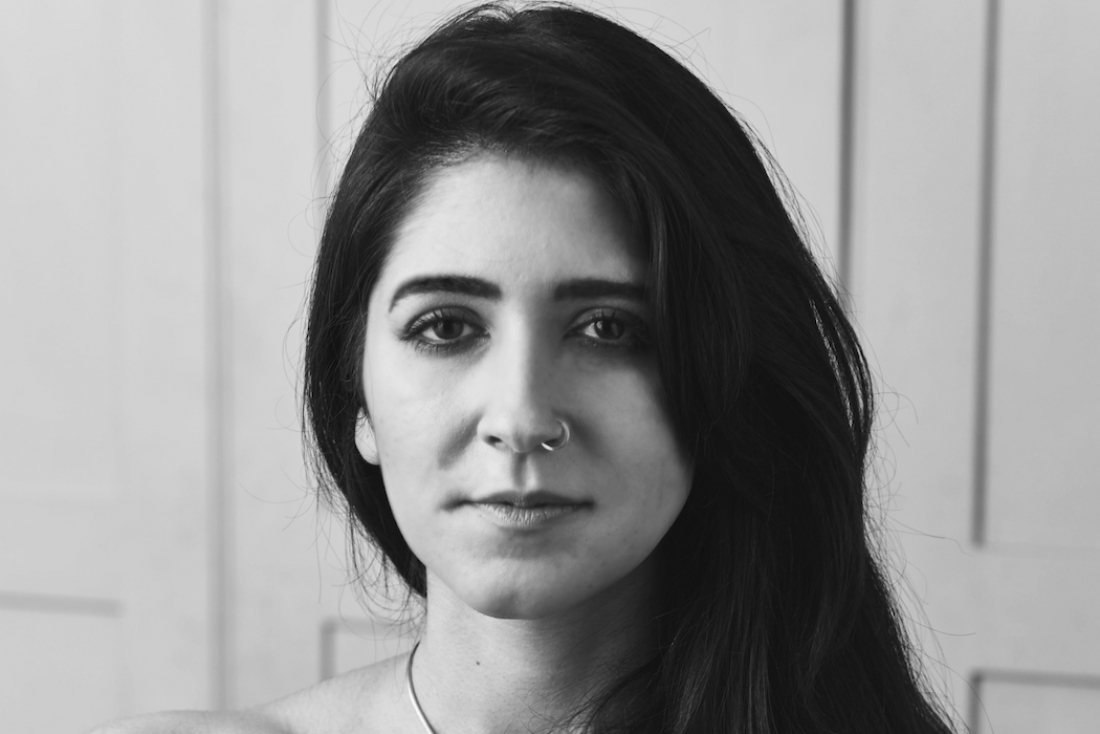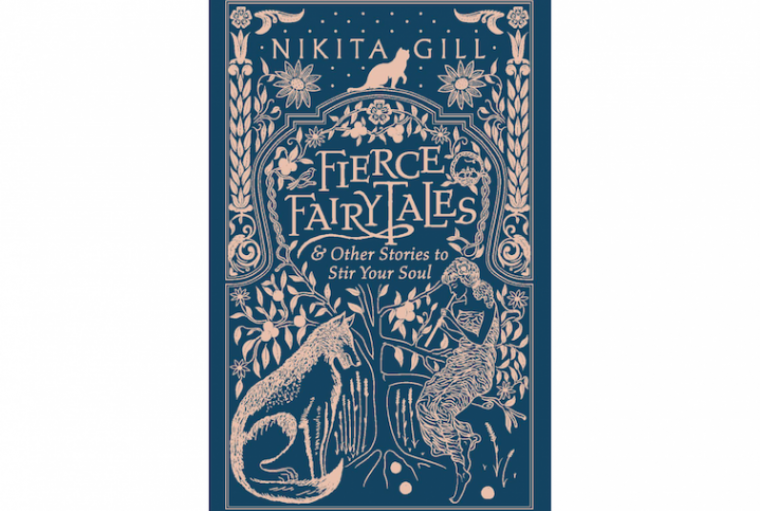

If there is a name that shall resound with the poetry produced during our generation, for literary generations ahead, that name is Nikita Gill. The poet who has managed to amass a wide readership who delve into her beautiful verse only to remain bewtiched by it, recently collaborated with Hachette to release her new book Fierce Fairytales. Traditional fairytales are rife with cliches and gender stereotypes: beautiful, silent princesses; ugly, jealous, and bitter villainesses; girls who need rescuing; and men who take all the glory. But in this rousing new prose and poetry collection, Nikita Gill gives Once Upon a Time a much-needed modern makeover. Through her gorgeous reimagining of fairytale classics and spellbinding original tales, she dismantles the old-fashioned tropes that have been ingrained in our minds. Complete with beautifully hand-drawn illustrations by Gill herself, Fierce Fairytales is an empowering collection of poems and stories for a new generation. Post the release of her book, Nikita talks to us about her love of writing, the new book and her recent hiatus on social media.
When did your romance with the written word begin and how has your journey in the literary landscape been so far?
When I was 13 years old, I was introduced to the work of Robert Frost. I fell in love with poetry then, and because I was a voracious reader, I was struck by how remarkably different poetry was to fiction and non-fiction. Where writers of fiction and non-fiction took pages to write a single experience, poets captured the fluidity of the entire experience in a few verses. There was something deeply powerful in that for me and it moved me to create such work myself. I think the easiest way to put it is this: fiction remained the thing that devoured my soul. But poetry found a way to nourish it.
What were your early formative influences?
Definitely Maya Angelou and Rabindranath Tagore. At school, we used to recite “Where The Mind Is Without Fear” daily, and it was routine until my English teach told us what each statement meant. We were wide eyed 14 year olds and suddenly it felt like the whole meaning of our morning was changed. I know we all spoke the words carefully and with more confidence after that. Somewhere, the transitional point of where the poem went from some words to something with deep, profound meaning stayed. I discovered Maya Angelou’s work at 18. And I loved how strongly feminist, how deeply moving and how empowering her words were. I read out Phenomenal Woman to myself everyday, wrote it in my mother’s journal for her to always remember, spoke verses to women and girls I cared for. It became a personal anthem for when I was feeling down, low, helpless, any negative emotion; the poem had the power to cure it.
“I think as society evolves towards equality, the nature of such works is to highlight the problems in the originals whilst giving fresh perspectives that fit with or look beyond current ideology.”
What inspires you as a poet?
The words. The languages. The power to diminish my own pain by putting it on paper and forgetting it was once poison running through my body. So much inspires my to be a poet, and truly, I hope I never ever stop learning what it means to be one. I have a long writing journey ahead of me to discover and mold and understand my voice better so I can command it into poetry.

Published by Hachette India
I remember reading some modern versions of fairytales in Jeanette Winterson’s Sexing the Cherry as well. What do you feel such subversion of conventional literary works leads to in terms of its affect on our society and ideology?
I think as society evolves towards equality, the nature of such works is to highlight the problems in the originals whilst giving fresh perspectives that fit with or look beyond current ideology. My favourite author for this as an example is Angela Carter. Her work on fairytales in particular, stands out head and shoulders above the rest. The Bloody Chamber has found its perpetual home on my bedside and I sometimes leave newer books for the comfort of her progressive, brilliant words.
“My new years resolution is to channel those emotions I feel scrolling through social into my art and spend far less time on social itself.”
Tell us more about your creative process behind your illustrations in the book.
I first created the poems and then chose certain ones to illustrate. It was fun to decide which ones, because if left to my devices I would have probably done them all. I chose pen and ink because of the old school style of illustration that one can work with pen and ink.
You recently took a hiatus on social media. What are your views on current day social media and its place in the life of artists?
Social media is a perpetually shifting landscape that is quite hard to keep track of. When I first started posting my work, politics did not permeate every part of social the way it does now. It helped so many of us find an audience which bypassed gatekeepers. However, since 2016, the world has never been more progressive and regressive at once. Hate speech abounds and I often feel the need to take a break because of the recurring emotional charge this can stir up in me. In fact, my new years resolution is to channel those emotions I feel scrolling through social into my art and spend far less time on social itself.
What is in store for you for the remaining year and 2019?
I am currently working on a play and a new poetry book. I am also focusing on creating platforms for marginalized people and amplifying their voices. There is so much to do in 2019, and so much to create as yet!
TEXT Nidhi Verma